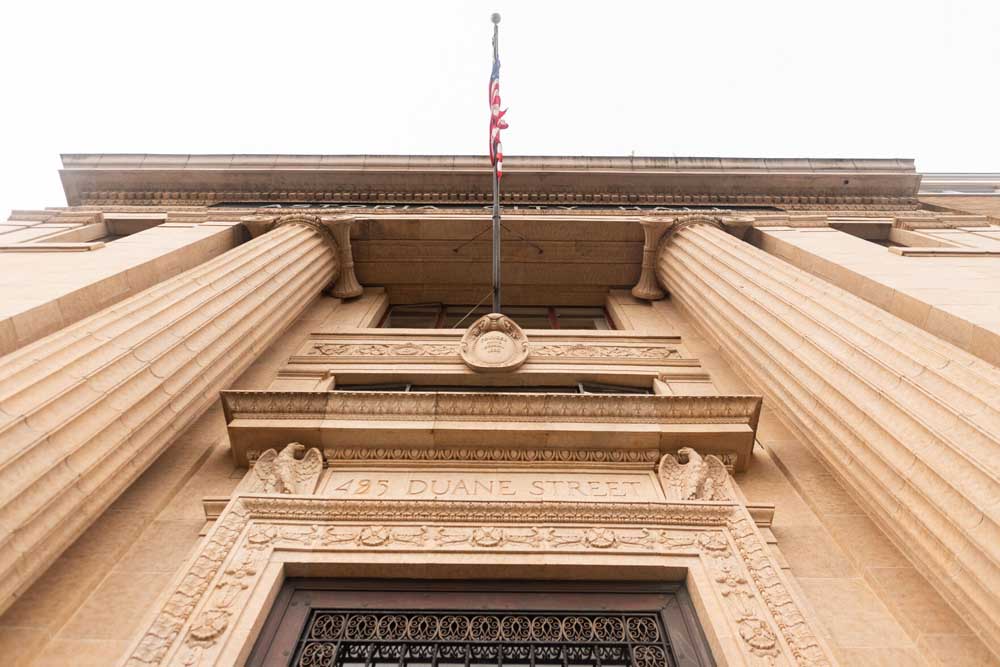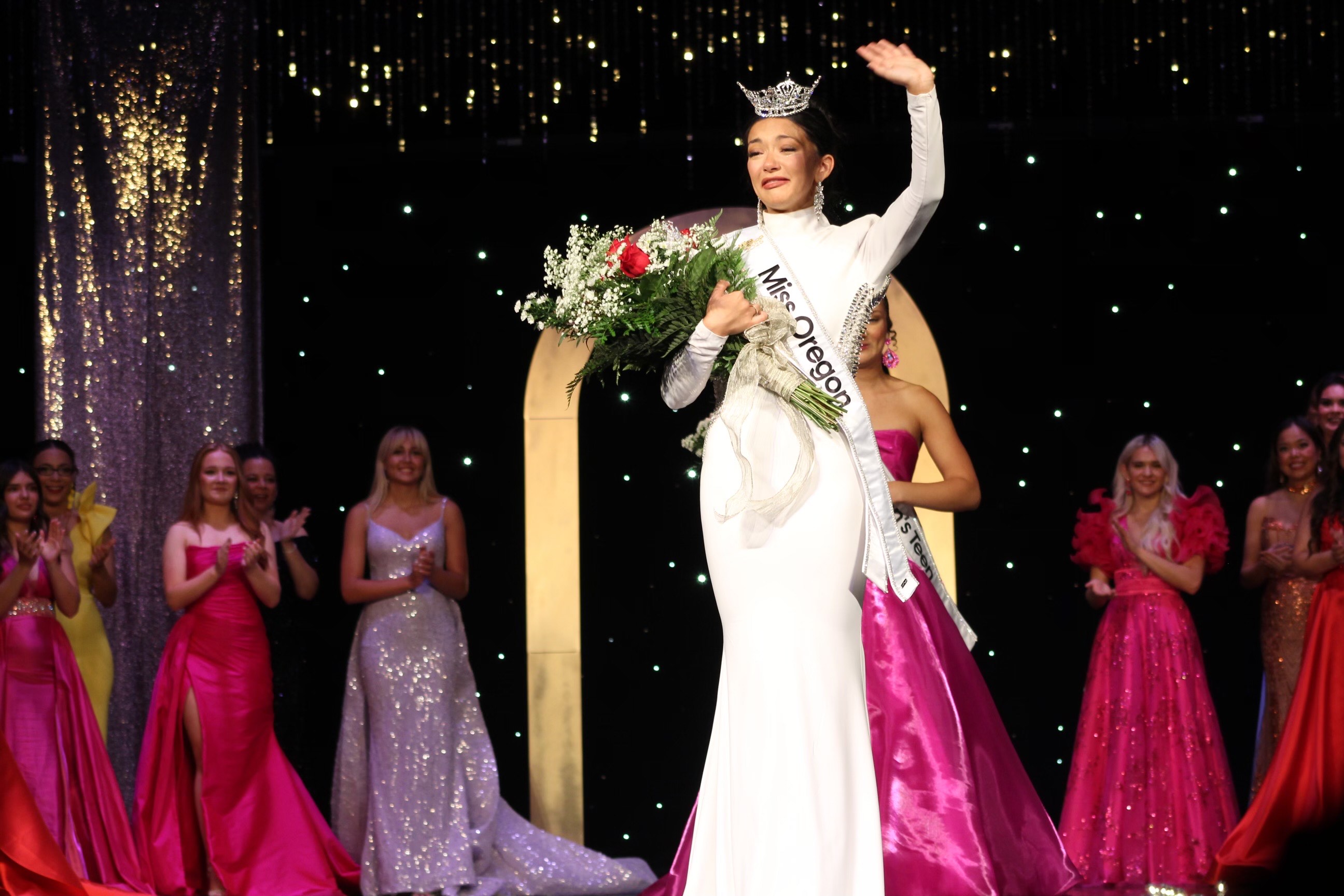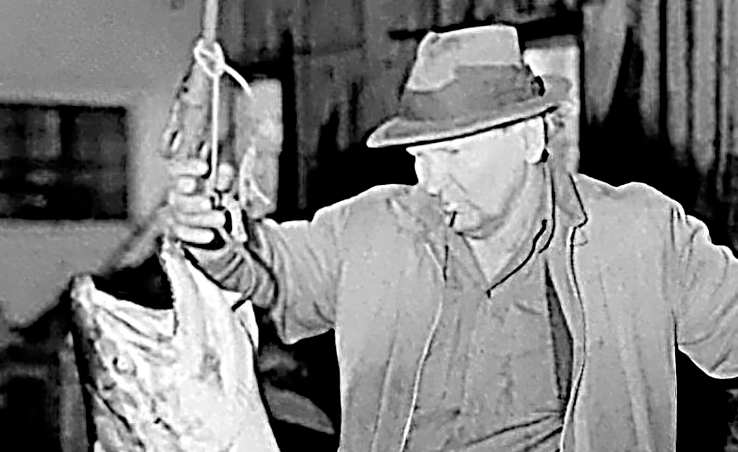Top liquor commission officials kept popular booze for themselves
Published 9:46 pm Thursday, February 9, 2023

- Pappy Van Winkle is a coveted bourbon.
Oregon Liquor and Cannabis Commission employees, including top-level managers and the agency’s longtime executive director, have for years set aside for their own use some of the most sought-after bourbons, diverting them from the public and running afoul of state ethics laws.
The blockbuster findings, detailed in an investigation obtained Wednesday by The Oregonian in response to a public records request, reveal a long-standing practice within the agency of reserving bottles of the popular bourbon, Pappy Van Winkle, for multiple employees, including the recently ousted executive director, Steve Marks, and his second-in-command, Will Higlin.
Four other managers were also implicated: Bill Schuette, the budget manager; Chris Mayton, the director of the distilled spirits program; Boba Subasic, the chief information officer; and Kai Nakashima, director of the office of information services. All were reprimanded, according to agency records.
The scheme came to light last April when a departing agency employee documented his concern in an email to agency staff, saying the state warehouse supervisor set aside bottles of bourbon “and has them sent to stores so higher ups” can pick them up. The complaint prompted an internal investigation, which found the practice was common and included Marks.
Nikki Leslie, who manages the agency’s liquor distribution center, said the bourbons — which fetch top dollar on the secondary, or illegal, liquor market — had been diverted for at least eight years and involved brands with cult-like followings among connoisseurs, such as Pappy Van Winkle bourbons.
In an interview with Travis Hampton, a retired Oregon State Police superintendent who now works in the liquor agency’s human resources division, Leslie said the employees who requested bottles of bourbon paid for them.
Leslie said Mayton asked her to set aside a bottle of Elmer T. Lee, a bourbon produced by the same Kentucky distillery that makes Pappy Van Winkle bourbons, on two occasions and told her to have it delivered to a Milwaukie liquor store. The bourbons are produced by Buffalo Trace Distillery in Frankfort, Kentucky.
The diverted booze was part of the state’s “safety stock,” Leslie said. Those essentially are bottles that serve as potential replacements for damaged liquor headed to liquor stores. She could not say how many bottles were held back at the request of agency employees.
On Wednesday, Gov. Tina Kotek sent a letter to the members of the Oregon Liquor and Cannabis Commission, saying she became aware of the investigation after she asked Marks to step down. It’s not uncommon for governors to change agency leaders upon taking office.
“This behavior is wholly unacceptable,” she wrote. “I will not tolerate wrongful violations of our government ethics laws.”
The governor urged the commission to “install new leadership and remove the managers and executive leadership who have taken advantage of their access and authority to benefit themselves.”
She said she asked the attorney general to carry out an independent civil investigation “to look into the extent of any wrongdoing and recommend stronger protocols for ensuring ethics laws are followed by OLCC.”
Diverted
Marks has served as the longtime executive director of the agency, making an annual salary of about $222,804. He previously worked as chief of staff to then-Gov. John Kitzhaber.
“Several agency executive managers were interviewed regarding the subsequent investigation into this matter and some implicated Executive Director Marks in the tacit approval of their actions and also engaged in the practice themselves,” Rich Evans, a retired Oregon State Police superintendent who directs the liquor agency’s licensing and compliance division, wrote in an internal memo in December.
During the investigation, Marks admitted he had asked the warehouse manager to “divert warehoused liquor for his personal use” multiple times, recalling that he had specifically sought Pappy Van Winkle’s 23-year-old whiskey. The suggested retail price for that particular booze last year was $299.99. Bourbon connoisseurs said it could sell for $2,000 to $4,000 on the illegal market. Marks, in his own interview with Hampton, said he kept the liquor.
The liquor is so prized and limited that the state holds lotteries for consumers. According to the Oregon Liquor and Cannabis Commission, the odds of winning the agency’s lottery for that particular vintage of Pappy’s in 2021 was 1 in 5,373.
Mayton told Hampton that Elmer T. Lee bourbon is “highly sought after by OLCC employees” and that he directs a Milwaukie liquor store to set aside bottles for employees who then purchase them. He told Hampton he’s taken orders for particular spirits hundreds of times, including from lawmakers he did not identify.
He described his role at the agency as “facilitator,” making sure people with connections to the agency got the liquor they wanted.
“Mayton often would pick up more than one bottle of Elmer T. Lee, carrying the money for other individuals to make their purchase,” Hampton wrote in one report. “He has done this for scores of employees, from warehouse workers to executive managers. He was asked to list the managers he assisted in this manner.” Marks was among the managers Mayton took requests from, he said.
Mayton admitted he had also placed two orders of his own in the past couple of years, one for a bottle of Elmer T. Lee and the other for a bottle of 15-year Pappy Van Winkle.
According to Mayton’s LinkedIn page, he has worked at the Oregon Liquor and Cannabis Commission since 2018. One year after he came to the agency, he was promoted to director of the distilled spirits program and reports to Higlin. His annual salary is about $141,624.
Like the other employees who diverted bourbon, Higlin told Hampton he didn’t sell the bottles he had set aside. He said he could not say how often he had done it and that he sometimes diverted liquor at the request of others, including his daughter’s boss.
He said he had the state ship bottles for his daughter’s boss to a Sherwood liquor store, and bottles he intended to keep for himself were shipped to a store in Bend, where he lives. He said he picked up a bottle at least once during his work hours.
Higlin started with the agency in 2014 and eventually was tapped to serve as Marks’ deputy director. His annual salary is about $163,932.
‘Scandalous’
Aficionados of the hard-to-find bourbon were incensed to learn that state employees had siphoned off premium bottles.
“For OLCC officials to be taking advantage of their positions of power to put these bottles aside for their own use … is scandalous,” said Nino Kilgore-Marchetti, of Portland.
Kilgore-Marchetti is editor-in-chief of The Whiskey Wash, a website dedicated to the spirit.
The prized Pappy Van Winkle is among the popular and limited spirits the state sells in a lottery each year, in addition to sending small quantities to state regulated stores. The hunt for a bottle often ends in disappointment and sends some to the pricey secondary market.
“Oregonians that want to go to liquor stores to buy these bottles are either frustrated by the fact that they can’t get a hold of them and then when it comes to light that these executives have been abusing their power to basically take the cream of the crop and put it aside for themselves — it’s going to infuriate the average person who likes to try and find this whiskey retail,” Kilgore-Marchetti said.
As a brand, Pappy Van Winkle has taken on iconic proportions, status cemented by an infamous theft of bourbon from the distillery. The saga was the subject of a Netflix series last year called “Heist.” The bourbon also made an appearance in the Western crime drama, “Justified.”
Mark Rucker, who lives in Kentucky and runs a website dedicated to bourbon, said Pappy Van Winkle is a familiar name even to people who don’t drink bourbon.
“When you say Pappy to someone, I guarantee you, 8 out of 10 people will say, ‘Oh sure, I know what that is.’”
He said the secondary market for the liquor is so robust, some people see a single bottle as an investment. They may pay $300 and turn around and sell it for as much as $4,500.
“People go nuts about it,” he said.






